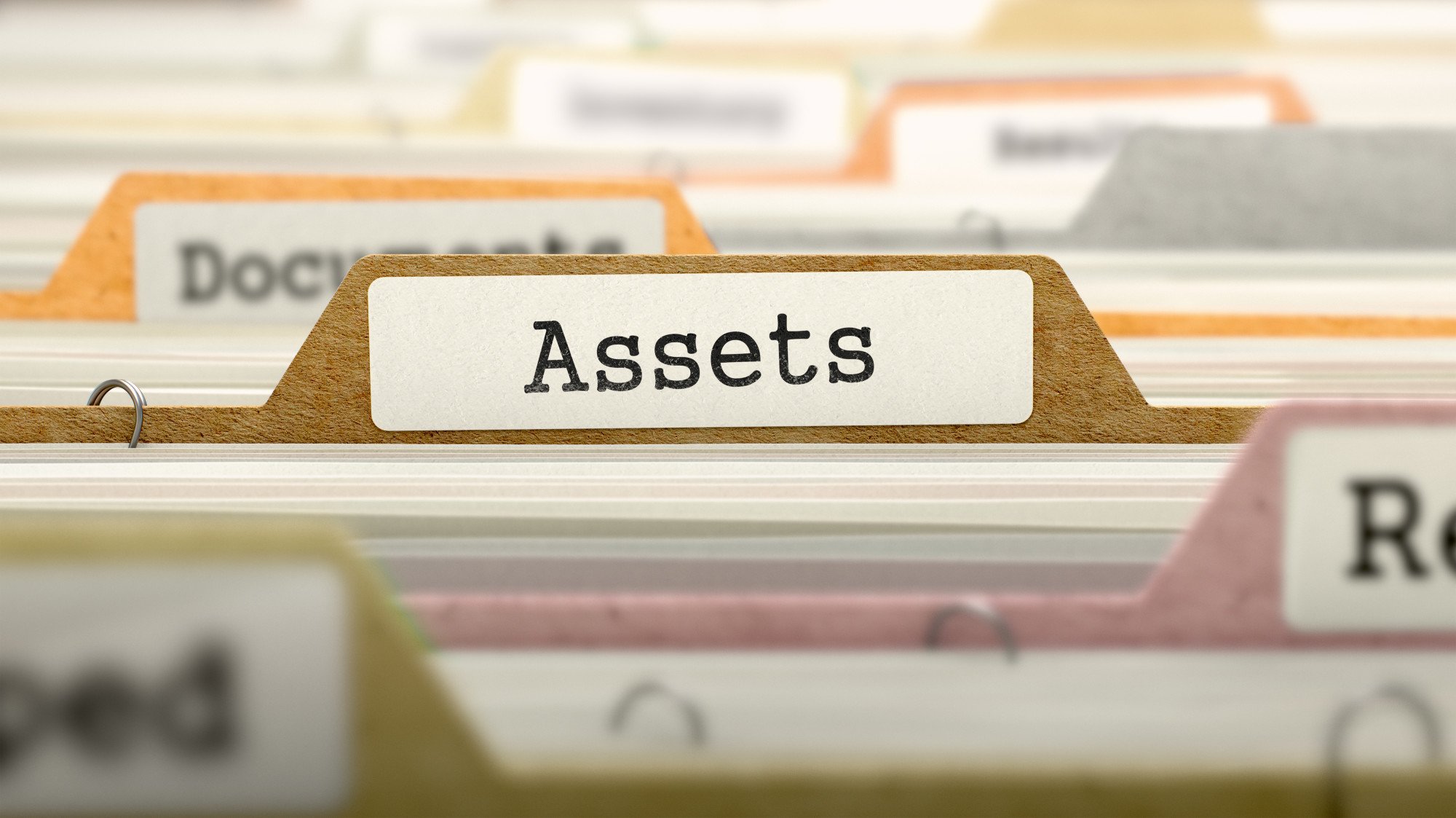

This year, you may need to file your first tax return, or you may have been filing your taxes for years. In either case, we’ve provided a few helpful tips.
Keep reading to learn how to prepare for personal income tax filing in Canada.
Preparing for Tax Time
The time to begin preparing for taxes in Canada is the beginning of the previous year.
You may have landed a new job. You may have sold your home, or your business made more profit.
In these instances, a change in income may have changed your tax liability. With this in mind, the Canada Revenue Agency produces yearly notifications about changing tax rules.
If your financial background is more complicated, you may need expert help. If you’re self-employed or have investment income, for instance, you might benefit by hiring a tax professional.
Keeping Records During the Year
Whether you do your own taxes or hire an expert, it’s vital to maintain good records. It helps to organize and file your receipts as you collect them.
This practice will make it easier to use them come tax-filing season. For instance, you’ll want to organize:
• Bills
• Business expenses
• Car receipts
• Credit card statements
• Home expenses
• Supporting documents
It’s also important that you save your tax information slips. For instance, make sure to keep your receipts for your Registered Retirement Savings Plan (RRSP).
Getting Help With Taxes
Many people have relatively simple financial affairs. For instance, you may only need to file your employment income and RRSP deduction. In this case, you might fare well preparing your own taxes.
Tax software can make the job much easier. However, make sure to choose software compatible with the CRA’s NETFILE program.
Also, if you’re an Ontario resident, free tax preparation clinics are available each year. They’re offered for low-income residents with simple tax filing requirements.
Know the Rules
It’s important to stay informed about tax changes since the laws change continually. In fact, there were more tax changes in 2020 compared to most years. These changes could affect your income tax return considerably.
For example, you may have received Recovery Benefits or COVID-19 Emergency Funds from the CRA. In that case, you’ll receive a T4A slip. You must use the slip to report these funds with your 2020 tax return.
Carry-Forward Amounts for Personal Income Tax Filing
You should also consider any tax carry-forward amounts. These amounts may include:
• Capital losses
• RRSP amounts
• Tuition
Also, refer to your RRSP Notice of Assessment for your contribution limit for the following year.
Suppose you’re filing your taxes for 2020. In that case, your Notice of Assessment will list your contribution limit during 2021.
This information helps plan your contribution for the coming year. It will enable you to maximize your contribution while avoiding over contribution penalties. Throughout the year, you can also check your balances on the CRA website.
Look for Tax Breaks All Year Long
You may not have started the practice of monitoring tax breaks throughout the year, and that’s fine. It’s a new year, and you can start now.
Begin this practice by researching tax breaks that apply to your financial circumstances. You can then use this information to lay out your tax plan for the year.
By monitoring for tax breaks, you could potentially lower the taxes that you owe. Here, you’ll want to think about your future projected income. You should also consider your marginal income tax rate.
Also, you could reduce your taxable income by deferring income to another year. You’ll also want to make sure that you take all allowable deductions.
For instance, you should make the maximum RRSP contribution. This tactic will help lower your total tax bill for the year.
Learning From the Past
You should save your past tax returns for about seven years. Hopefully, you follow this practice. If so, you can review your past returns to find deductions you may have missed.
For example, think about any significant life changes since you’ve filed. These changes might include:
• Address
• Employer
• Legal name
• Marital status
If any of these things have changed, you’ll need to determine how they impact your tax return.
For example, you may have sold your primary residence. In that case, you must report the sale, even if you don’t think you’ll owe taxes on the proceeds.
Find Savings in Your Mistakes
With your past returns, what you’re looking for is what’s missing. For instance, you may have forgotten credits or deductions from the previous year.
In these instances, you can carry those credits or deductions over. You can include them on this year’s tax return. These items might include:
• Disability tax credits
• Licensing fees
• Medical expenses
• Moving expenses
• The Canadian caregiver credit
• Tuition credits
• Union dues
Many Canadian residents often overlook these kinds of credits and deductions.
Gathering Your Information
With these points in mind, you want to start gathering your personal information. You can start with your date of birth and social insurance number. Of course, you most likely know this information, but you also need the same information for your spouse, common-law partner, and dependents.
You’ll need the information for credits like the Canada Caregiver Amount. For example, you’ll need your dependent’s net income. You’ll want to have this information handy when you’re ready to complete your tax paperwork.
Other Vital Information
You may also need a few more bits of information. For instance, you’ll need the total amount of installment payments made to the CRA.
You may have Capital Cost Allowance (CCA) balances, unused losses, or credits that you plan to apply to your taxes. If so, those previous income tax returns will come in handy, as well as your past Notice of Assessment documents.
Sometimes, tax software helps with this task. It will bring your CCA amount forward automatically.
Assessing Your Income
When doing your taxes, there are two main areas you want to consider—your income and expenses. You’ll want to gather income information for all various types of taxes, like:
• Capital gains
• Professional activities
• Rental income
• Self-employment
• Support payments
• Tips and gratuities
• Other income
You’ll also want any record of carrying charges and interest expenses from your investments. These amounts include any fees for managing your assets.
Assessing Your Expenses
Next, you can start to focus on your expenses. Here, we’ll touch on just a few potential eligible credits.
Typically, these credits are based on your personal situation. Events in your life can make you eligible for tax credits. These things could include:
• Adoption expenses
• Charitable donations
• Home accessibility costs
• Medical expenses
• Receipts for childcare
• Student interest loan amounts
• Support payments made
When it comes to deductions, you must also consider your province. You might qualify for certain provincial credits or benefit programs.
Getting It All Together
Whether you’re filing your own taxes or hiring an accountant, you’ll want to make sure that you’re organized. If you’re hiring an accountant, the worst thing you can do is show up with a box or bag of unorganized receipts and documents.
Firstly, you’ll want to find out what information they require. You want to provide your accountant with as much information as possible. The more information you provide, the better results you’ll receive. This includes all paper and digital information.
If something’s missing, you should search for that information online. For example, you may need to follow up with your employer or another organization that distributes the information that you need.
When working with an accountant, it’s critical to provide all your receipts and documents. A tax preparer can only deliver maximum value if you give them all the information they need.
Finally, the deadline is subject to change each year. Make sure to file your taxes on time to avoid an unwanted late filing penalty.
Manage Your Finances Like a Pro
Hopefully, our brief primer on personal income tax filing has you well on your way.
There aren’t many people who look forward to tax time. However, you can make the process go smoother if you plan ahead. By establishing good habits for the following tax year, you can make the next tax year better.
You may sometimes find that your current income isn’t enough to help you meet your goals during the year. Credito can help.
We’ll help you access a loan quickly with no credit check. If you need cash fast, please feel free to request your online loan today.





